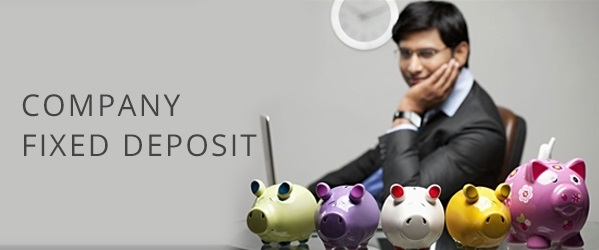Corporate fixed deposits sound lucrative due to higher interest rates as compared to bank FDs. Nevertheless, one must realise that these are unsecured. Investors rely on corporate reputation and credit rating when investing in them. Credit rating companies have in the past, however, gone wrong on ratings many times. Hence it would help if you were cautious when you deal with such corporate FDs. However, note that the market always rewards those investors who take risks by providing better returns. Hence arises a question on whether such FDs are a safe bet for the investors. We will see how to approach such fixed deposit in the following section.
Page Contents
Company FDs – are they a safe bet?
If you have decided to venture into company FDs as part of your investment portfolio, you need to be careful about them based on the following factors:
No to conservative investors:
Corporate FDs are not for conservative and risk-averse investors as you can’t equate a business FD with a bank FD, because the latter enjoys Rs 1 lakh deposit insurance cover and is often controlled by the Reserve Bank of India (RBI). Several times the RBI intervenes with prompt corrective action to bring the financial institutions to normalcy when such institutions face a crisis. In the worst case, the RBI also encourages a merger with a strong financial institution to protect depositors. You should stay away from these FDs if you’re a prudent investor with no intention to take risks.

Researching before investing:
If you are investing in such FDs to raise the debt portfolio return, you should completely understand the company’s financial status by reviewing its financials. Do your due diligence not only at the time of the transaction but also afterwards; you will discuss the company’s financial results regularly. You need to make sure you carefully study their quarterly results. You can exit the business the moment you see any deterioration in numbers. Your research can also let you know about the best FD interest rates prevailing in the market.
Strict no to longer tenures:
If you don’t see hope in the company’s long-term prospects but still go for the FD, it is better to invest with a short-term tenure. For instance, if you book the FD for one year, you’ll get regular review opportunities so that you can reduce or increase your exposure accordingly. Also, you should make sure you don’t invest a large part of the funds in one company. To mitigate default risks, you can diversify your FD’s across multiple companies also taking note about the best FD interest rates accordingly.
Conclusion:
After analysing the above arguments, it can be said that corporate FDs are not a safe bet for conservative investors. Still, if an investor is smart enough to take risks and monitors the market thoroughly, he/she can benefit from the high returns of corporate FDs. Hence while diversifying your investment portfolio, you should be putting such FDs in the high risk and high-performance quadrant and provide more focus on the fixed deposits.




